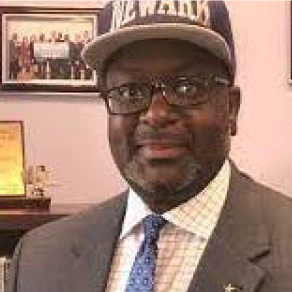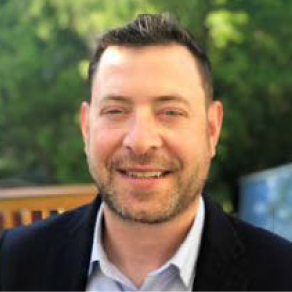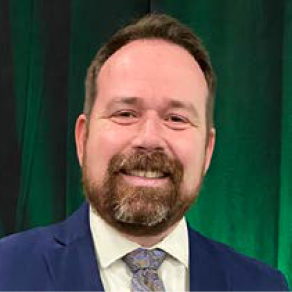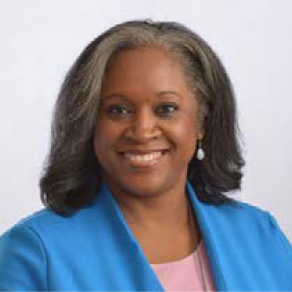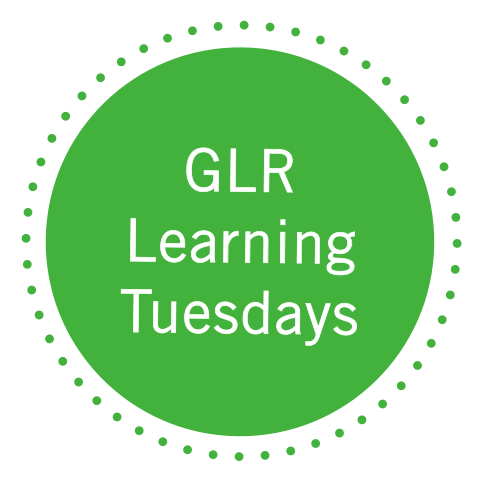
- This event has passed.
How Summer Learning’s Resurgence and Maximization is Accelerating In-School Learning
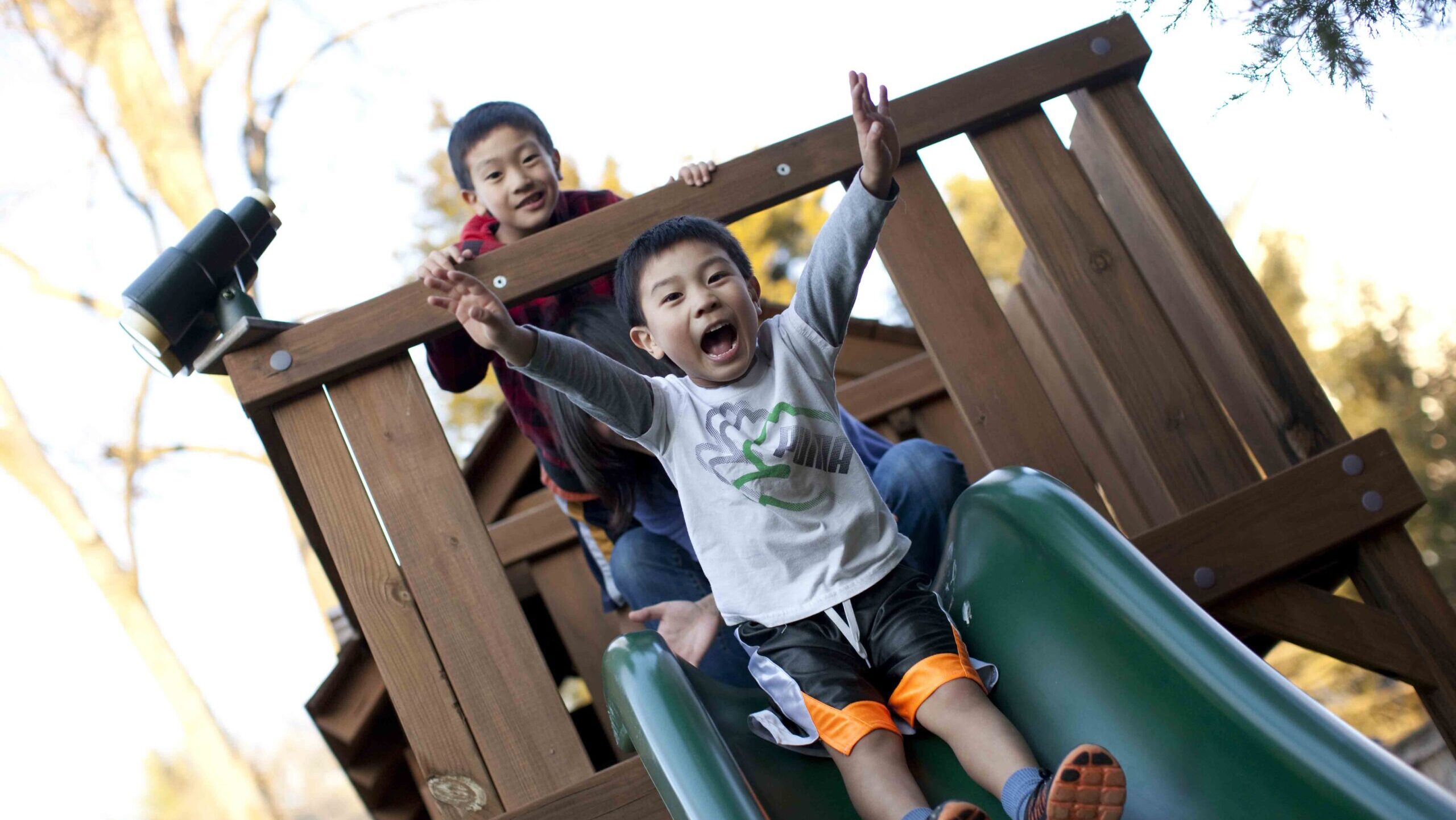
In this GLR Learning Tuesdays webinar, we took the opportunity to explore how summer learning is a “big bet working” for equitable learning recovery. Summer learning is a critical strategy to prevent the “summer slide” that occurs when schools are closed, which became the “pandemic slide” during COVID school closures. Moderator Tracie Potts of the Learning Heroes Board of Advisors first engaged in discussion with Eric Mackey, Ed.D., Alabama State Superintendent of Education. He shared about Alabama’s broad investment in summer learning and how the state’s “summer reading camps” advance the recently passed “Alabama Literacy Act” to ensure students are reading on grade level by the end of the third grade. Mackey emphasized that although these camps are focused on building literacy skills, they also include the fun activities that are so important to make summer learning effective:
This last year we had about 30,000 students involved in summer reading camps. We want them to be different. [The camps] certainly include high-quality instruction and we do an assessment at the end of camp and see that students have achieved greater reading levels. But we don’t it want to feel like school. We want it to feel more like it’s a summer camp experience. Now we have a lot of students depending on the school district for these learning experiences. So we’re blending the academic piece and also the fun stuff that actually draws students in and keeps them engaged throughout the summer.
Potts then engaged with two national summer learning leaders, Aaron Dworkin of the National Summer Learning Association and Polly Singh of The Wallace Foundation. The discussion covered the broad landscape of summer learning programs across the country and how states, districts and communities are achieving real gains for students in their academic and developmental progress. Singh shared data from the Wallace Foundation’s National Summer Learning Project that demonstrates how consistent participation in summer learning makes an impact:
We know that academics are what schools are held accountable for. [The Wallace Foundation] ran the National Summer Learning Project. It was the largest randomized control trial of its kind. In five large school districts across the country, we saw effects in math and in reading, and the gains were most prominent in our highest attendees. So after the first summer, the math gains showed up. Immediately after the second summer, we saw gains in both reading and math, and they were sustained, so we saw about 20% to 25% of a year’s worth of education gains. So three to four months of skills gain that was sustained for an entire year in young people. The science of learning, the science of literacy, the science of numeracy, those skills need practice. And during summer learning time, young kids just get more practice with those skills, which is such an important facet of summer learning.
In addition to these state and national leaders, the conversation included local district leaders, Andrew Maxey, Ph.D., of Tuscaloosa City Schools in Alabama and Matthew Brewster of the Newark Board of Education in New Jersey. We learned from them about their critical summer learning partnerships with community-based organizations and how they engage both teachers and students in the combination of fun and academics to build enthusiasm and consistent participation.
Panel
